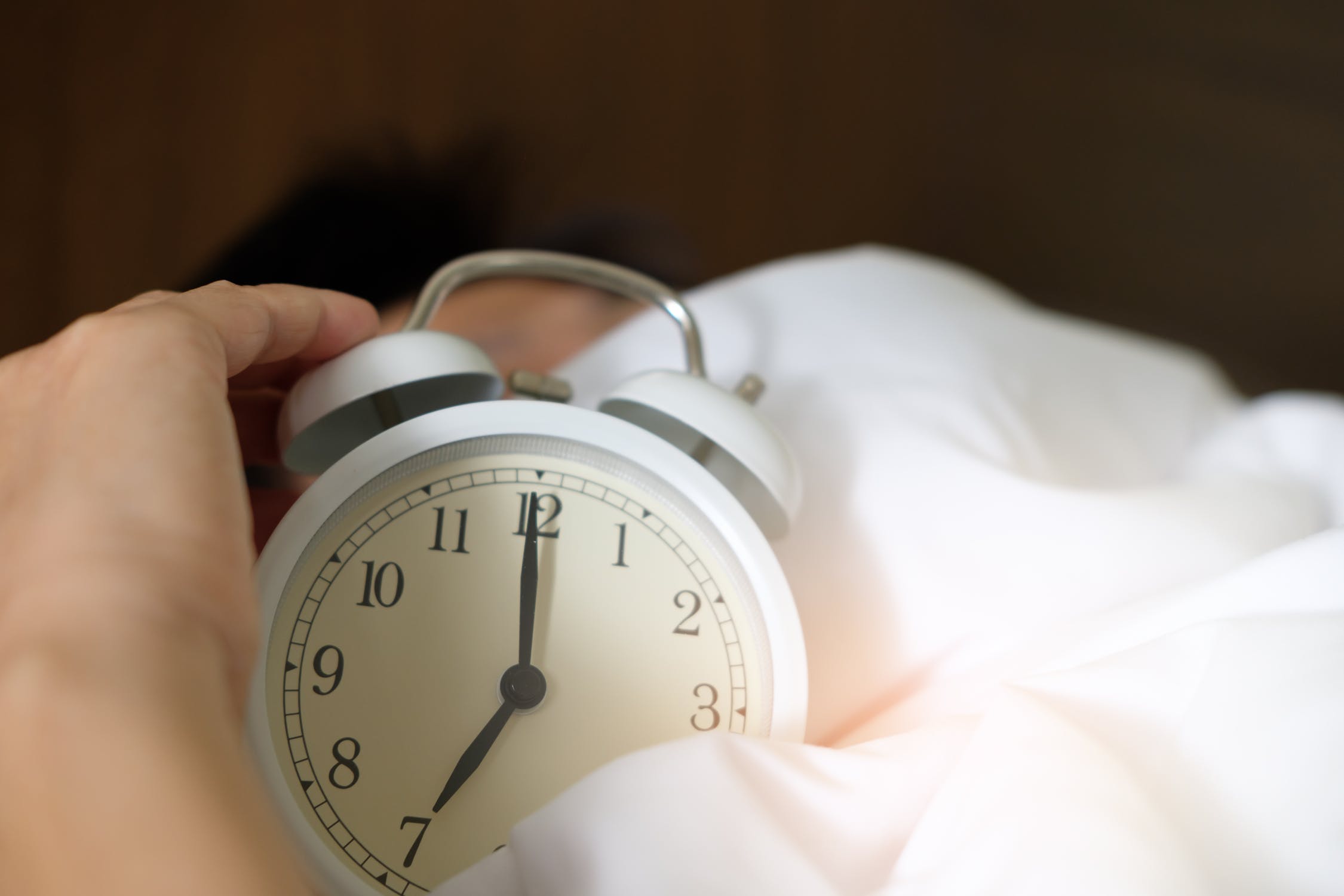Sleep On It
Sleep can be hard to come by in college. Here are some tips from the experts on how to beat the education exhaustion.
More important than keeping up with your studies in college is keeping up with your health. You’ve probably heard that all-nighters in the library are the only way to make it through, but according to the National Sleep Foundation, lack of sleep can negatively affect your mood, mind and body.
Getting a healthy amount of sleep can strengthen the mind’s ability to solidify and store important and unimportant memories. Even minimal loss of sleep can impair normal behavior and memory functions, according to Ted Abel, who researches memory storage and the molecular basis of neurodevelopment.
Not only is a proper amount of sleep good for those exam scores, but it can also improve happiness, reduce anxiety and strengthen concentration. The National Sleep Foundation reports that 7-9 hours of sleep each night can improve mood, energy and motivation.
Mayo Clinic reports that setting a schedule, focusing on your diet and creating a calming environment are some of the first steps you can take in improving your sleep.
If you’re having trouble reaching the peak of sleep, there are a few things you can do to alleviate the snooze stress:
- Go to bed at the same time every night to reinforce your body’s sleep/wake cycle. Reading, stretching and meditating are activities that can encourage sleep if you have trouble falling asleep within 20 minutes of being in bed.
- Cool, dark and quiet are key to a restful nights sleep. Darkness initiates the hormone melatonin, which regulates sleep/wake cycles. Sound machines or fans can also block out noise and keep you resting longer. That also means putting your phone away. Blue light emitted from phones and computers impair sleep by blocking melatonin and keep you up by providing distractions.
- Maintaining a close watch on what you eat and drink can also play a large role in promoting sleep. Sleeping with a full stomach takes effort from the body to digest food instead of entering rest mode and going to bed hungry can be uncomfortable. Try to find a middle ground. Alcohol, caffeine and nicotine can also inhibit proper sleep cycles long after consumed.
If you find that these tricks don’t work to increase the amount and quality of sleep you get each night, consider reaching out to a professional. There are many reasons why sleep might be hard for you from stress to your diet but finding and eliminating key influences can bring a better night’s sleep, better productivity and a better life.
